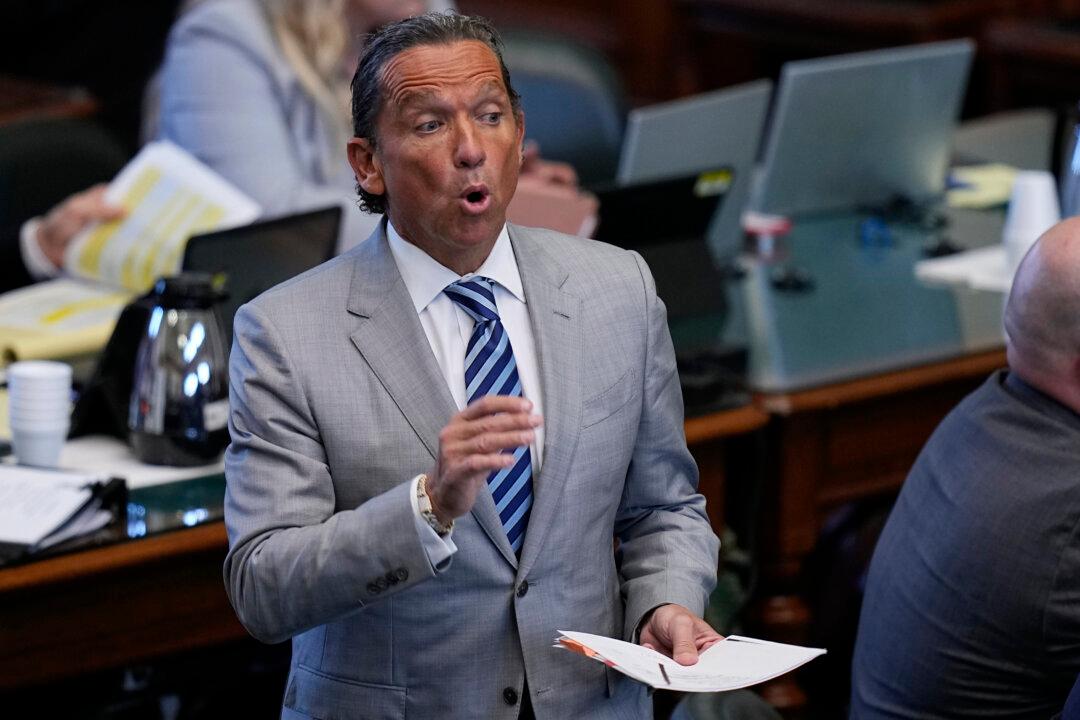The allegations against Texas Attorney General Ken Paxton are falling apart as the historic impeachment trial wraps up its first week of testimony.
On Friday, former Office of the Attorney General (OAG) employee Ryan Vassar returned to the witness stand for a second day of cross-examination by defense attorney Mitch Little in the Senate chamber at the Capitol in Austin, Texas. Three other former employees, including David Maxwell, Ryan Bangert, and Jeff Mateer, have also testified this week.





